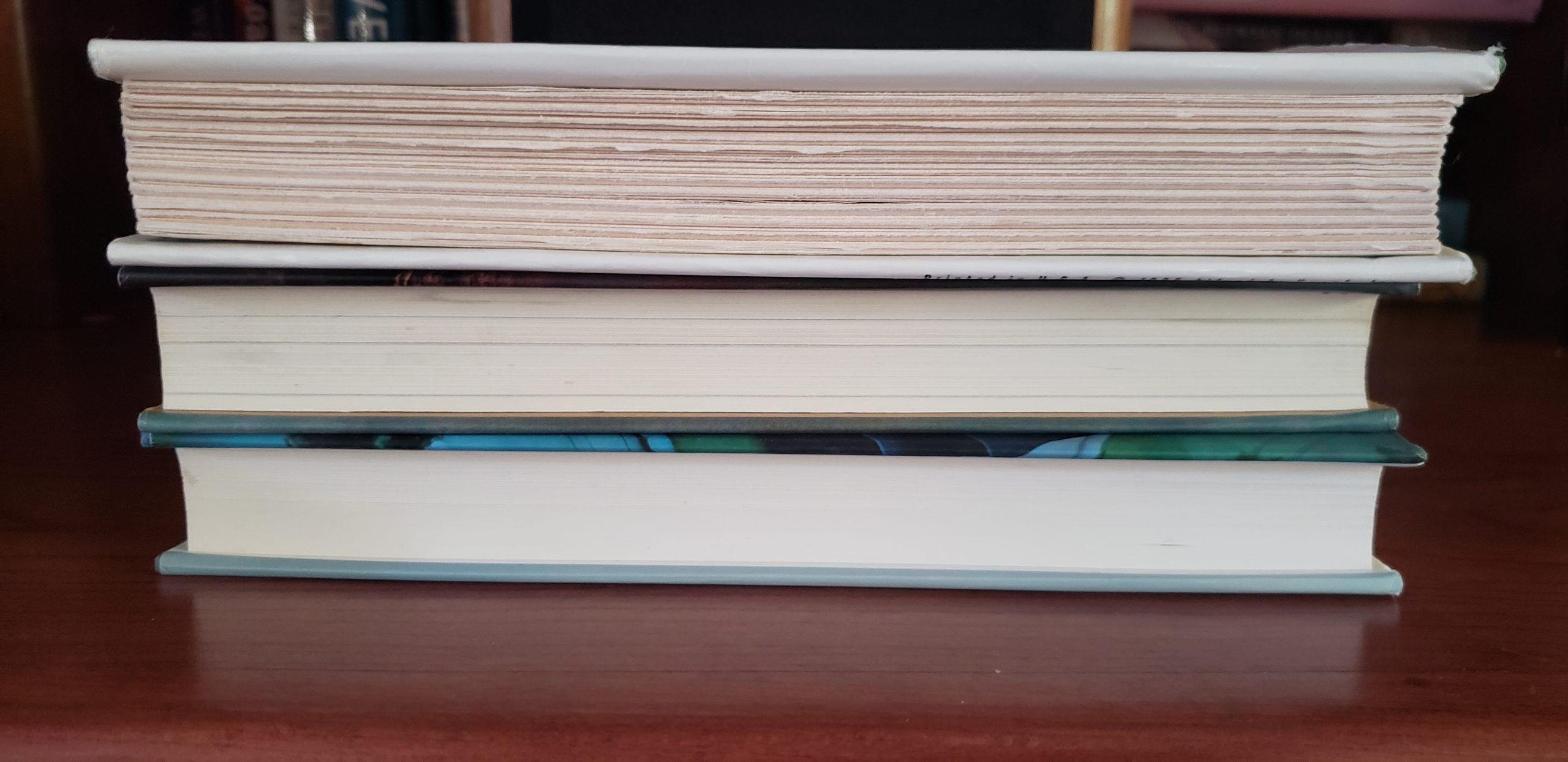-
Street Team Sign-Ups!
In 6 months (April 2026), my debut YA science fiction novel, Worlds Divide, will release from Balance of Seven Press, a small press. To build community and excitement for this book, I’m forming a street team! There are a number of actions a street team member performs. Some (not all) are: Street Team members will…
-
Book Deal Announcement
Published March 27, 2025 I am pleased to announce that Balance of Seven has acquired my debut YA science fiction novel, Worlds Divide! Press Release for Worlds Divide by Adria Bailton Amidst multiple offers, publishers Charlene Templeman and Tod Tinker of Balance of Seven Publishing acquired world English rights for Worlds Divide, her debut novel, a YA science fiction…
-
Short Story Round-Up #106
In January, I posted 19 short stories and poems. Miss any? Here they are gathered for your reading enjoyment. kaleidotrope published: Godling, Runner, Thief by Avra Margariti in 2025.Beginning the new year in a good way with an Avra Margariti story. Like all her stories, this one is beautiful. “Dali Dancing” by Gretchen Tessmer in…
-
Short Story Round-Up #105
In December, I recommended fifteen (15) stories. I took a week or so off of new story recs around holidays. Something that has just recently occurred to me is that the places I suggest have open periods for submission. I try to suggest only paying outlets (unless it’s one I love for other reasons or…
-
2025 Reading Reflection & Reading Goals for 2026
Check out my previous goals and reading reflections I have finally returned to my normal average reading! 24% over my goal isn’t too shabby. I’m very pleased. As always, Goodreads sends their year-end graphics a few days before the end of the year based on data from almost 2 weeks prior. Last year I was…
-
2025 Writing Goal Wrap-up and 2026 Goal Setting
It is the last Friday of the year and time to assess my goals from this year and set new ones for next year. Spoilers: I fell way off my writerly goals in 2025. Click my Goals category to read previous goal setting and updates. I’ll review the previous year’s throughout so you don’t have to go…
-
Short Story Round-Up #104
This is back-dated because I came down ill and got very behind. In November, I suggested twenty (20) stories from a few different markets. Still trying to keep up on my reading. Diabolical Plots published: Resurrection Scars by Sheila Massie in October.A story of grief and ego. The Glorious Pursuit of Nominal by Lisa Brideau…
-
Short Story Round-Up #103
October was super hectic because I received my dev edits for my YA science fiction novel, Worlds Divide, which comes out in April from Balance of Seven Press. This is my debut novel, so the entire process is new to me. This left me with less reading time. No novels (because I need nothing that…
-
Short Story Round-Up #102
My life got to some semblance of “normal” in September. I’m still in temporary housing, but I was able to post regularly starting on the 1st! I missed a day, but all in all, I suggested twenty-one (21) stories. Here they are in one convenient place. Dislocated by Stephen Granade was published at Flash Fiction…
-
Reading Reflection for Third Quarter
I already met my reading goal for the year! It’s so nice to reach it early. It means I can bump up next year. I might make my pre-reading slump rate of a book a week this year! What did I read? In the third quarter of 2025, I read fourteen books. I read primarily…
-
Short Story Round-Up #101
August was a hectic month for me. I moved from the West coast to the East coast which involved a lot of work on both sides of the US and not much time for reading. My internet was often unreliable. I only posted ten (10) stories. Here they are in case you missed them. Crepuscular…
